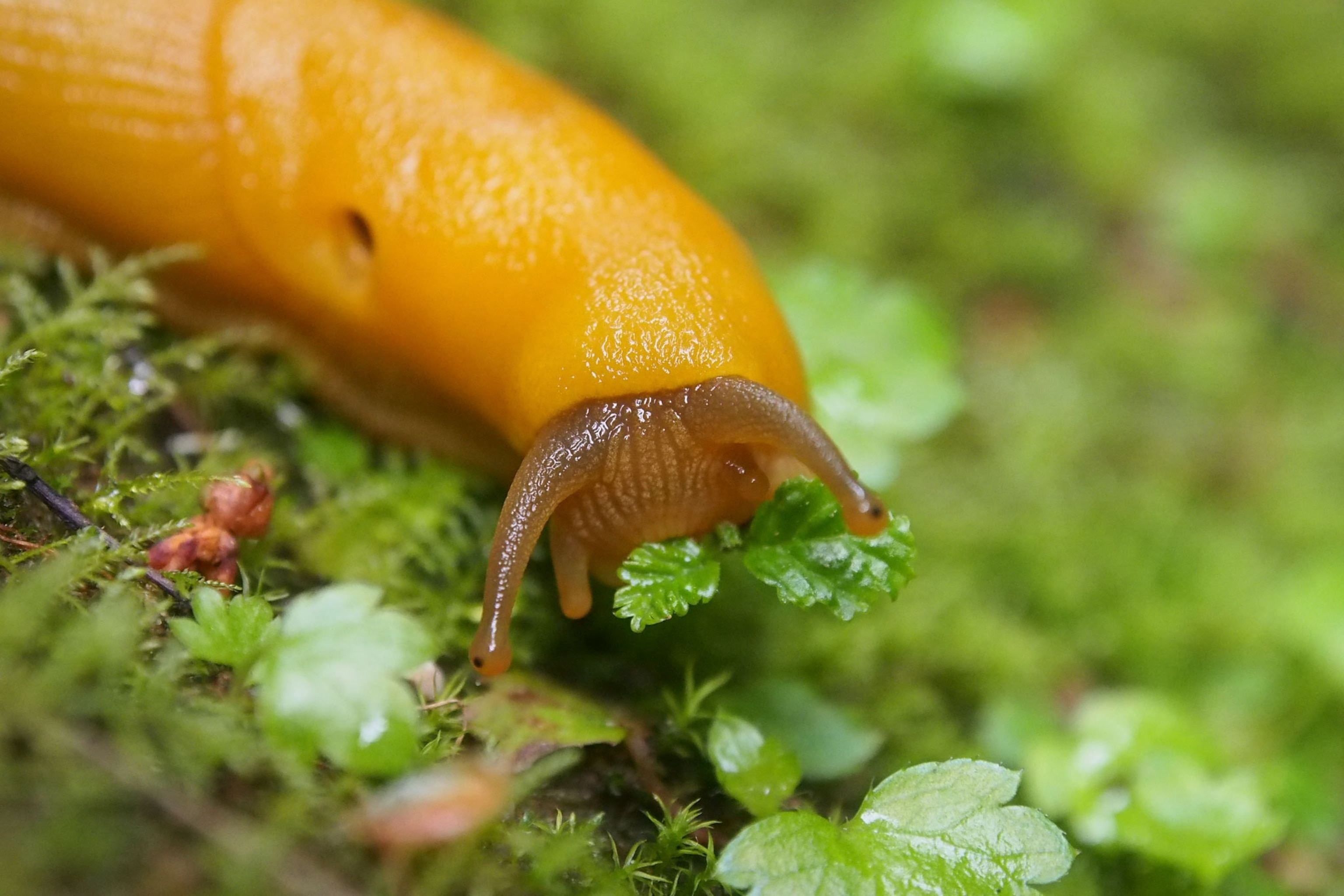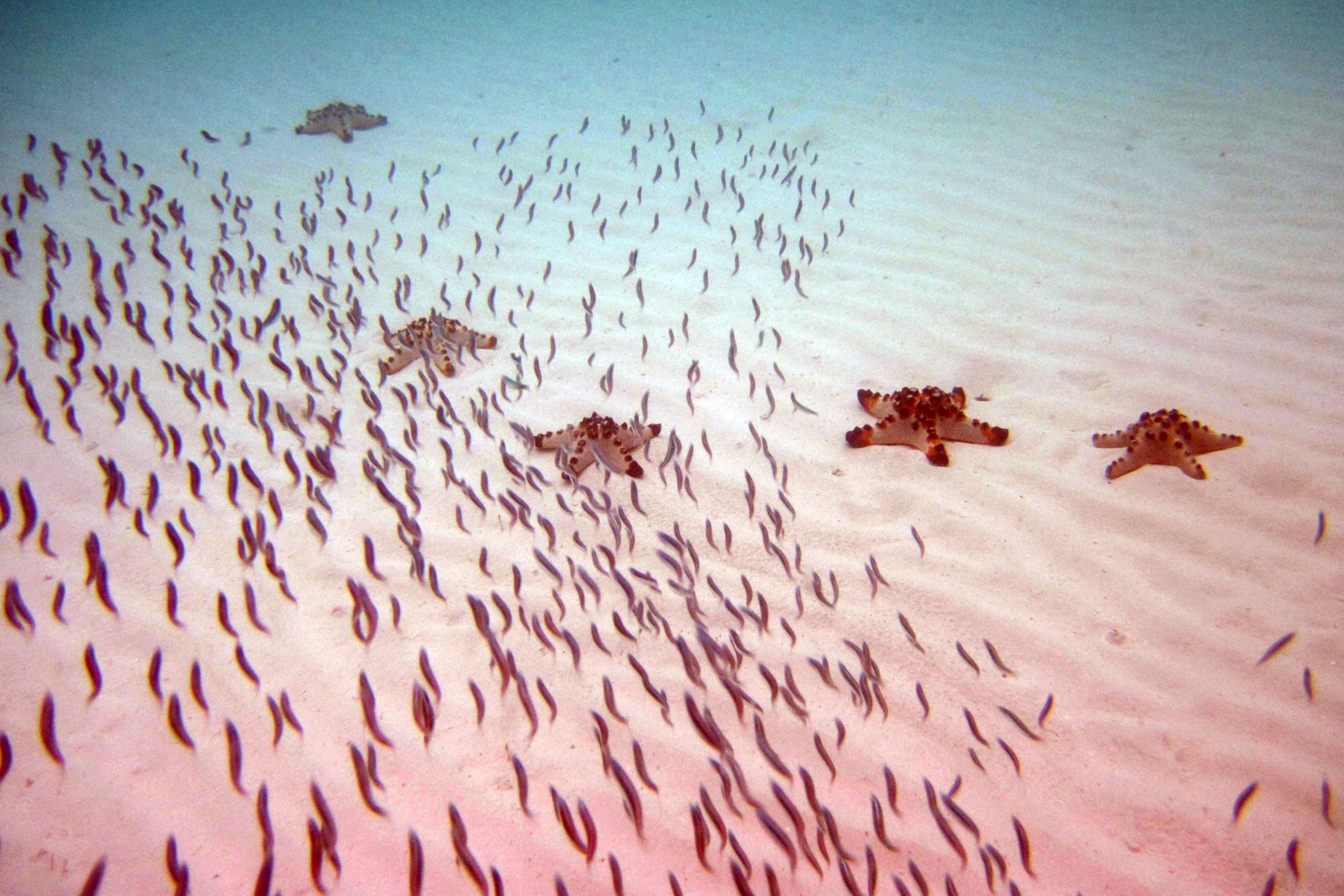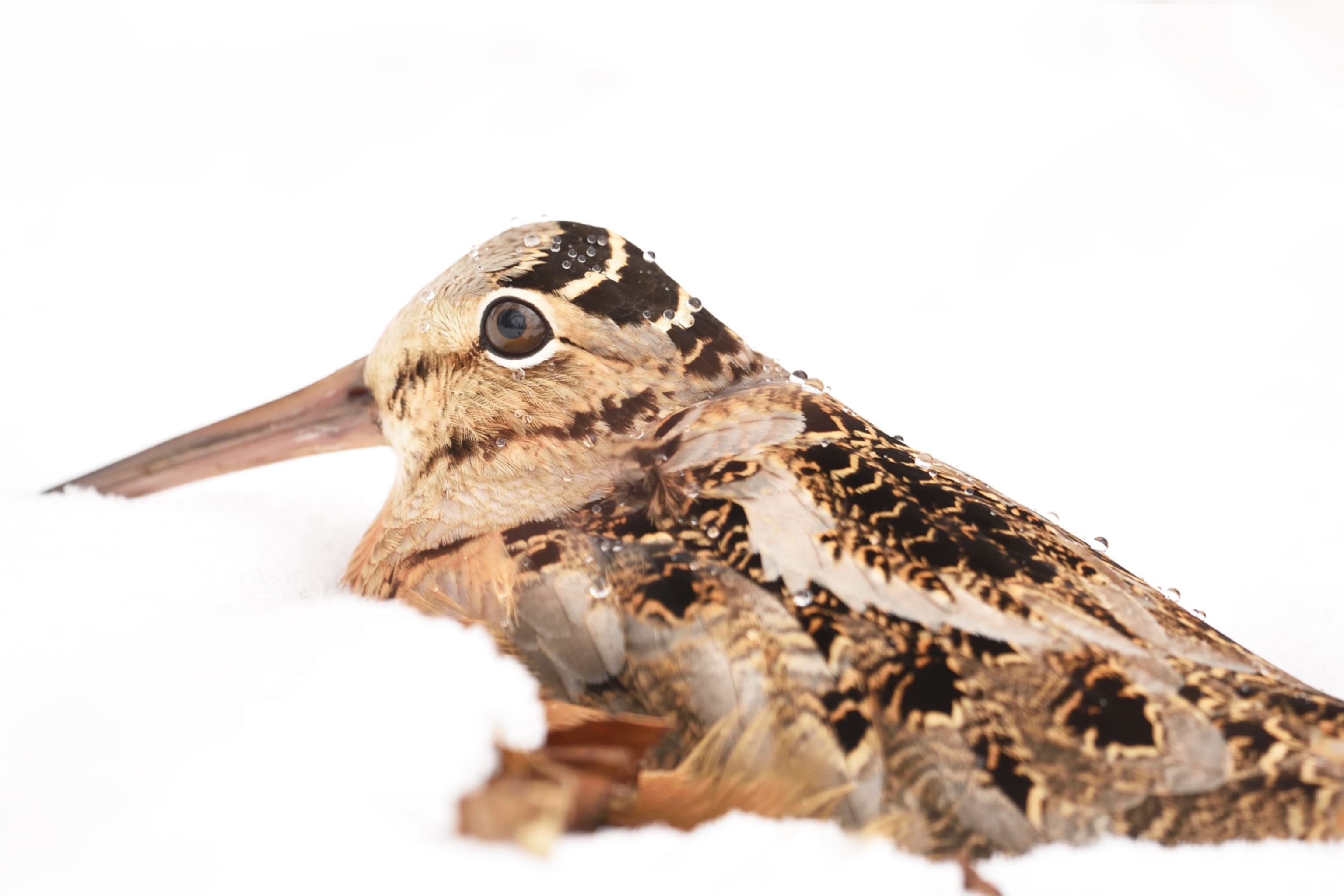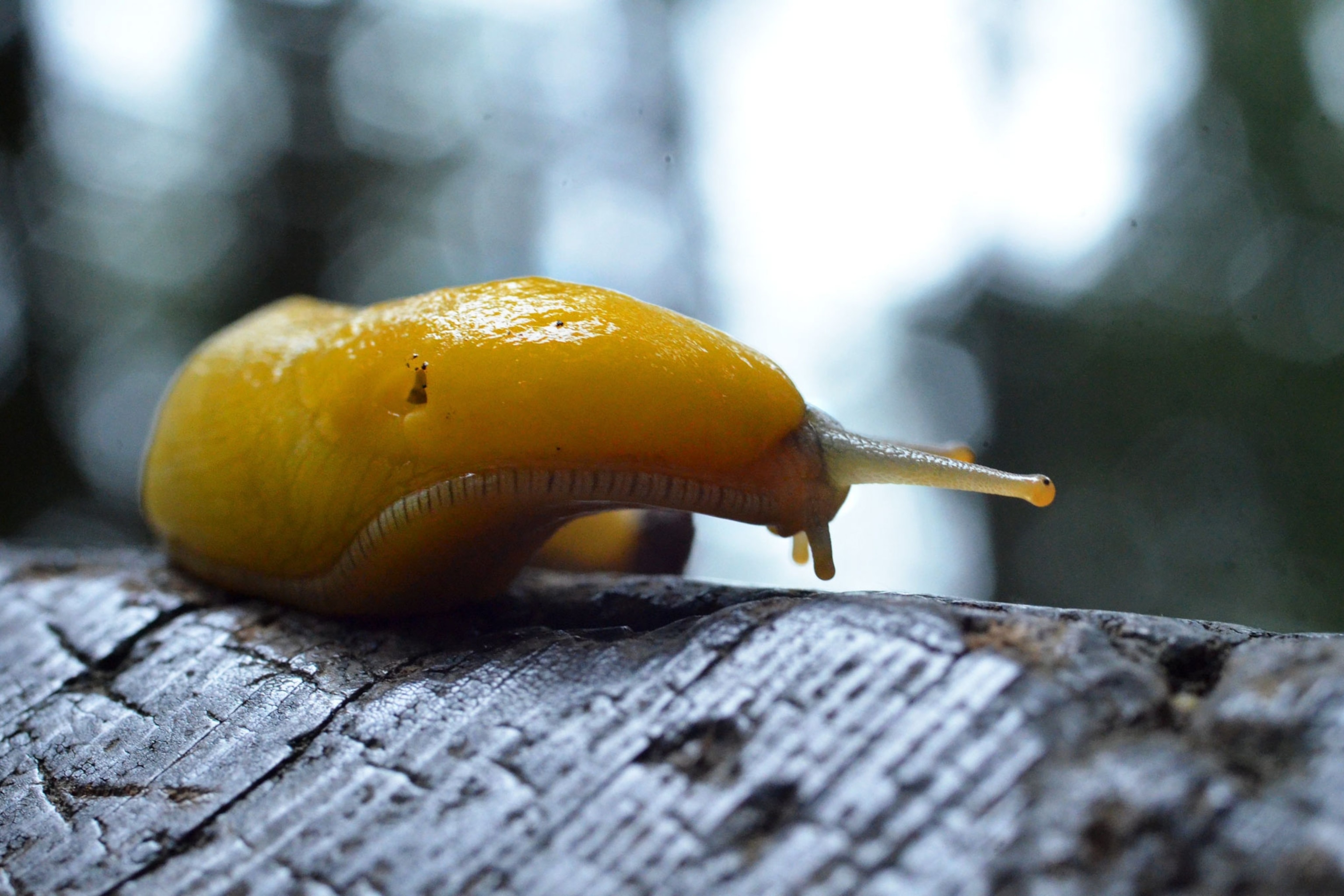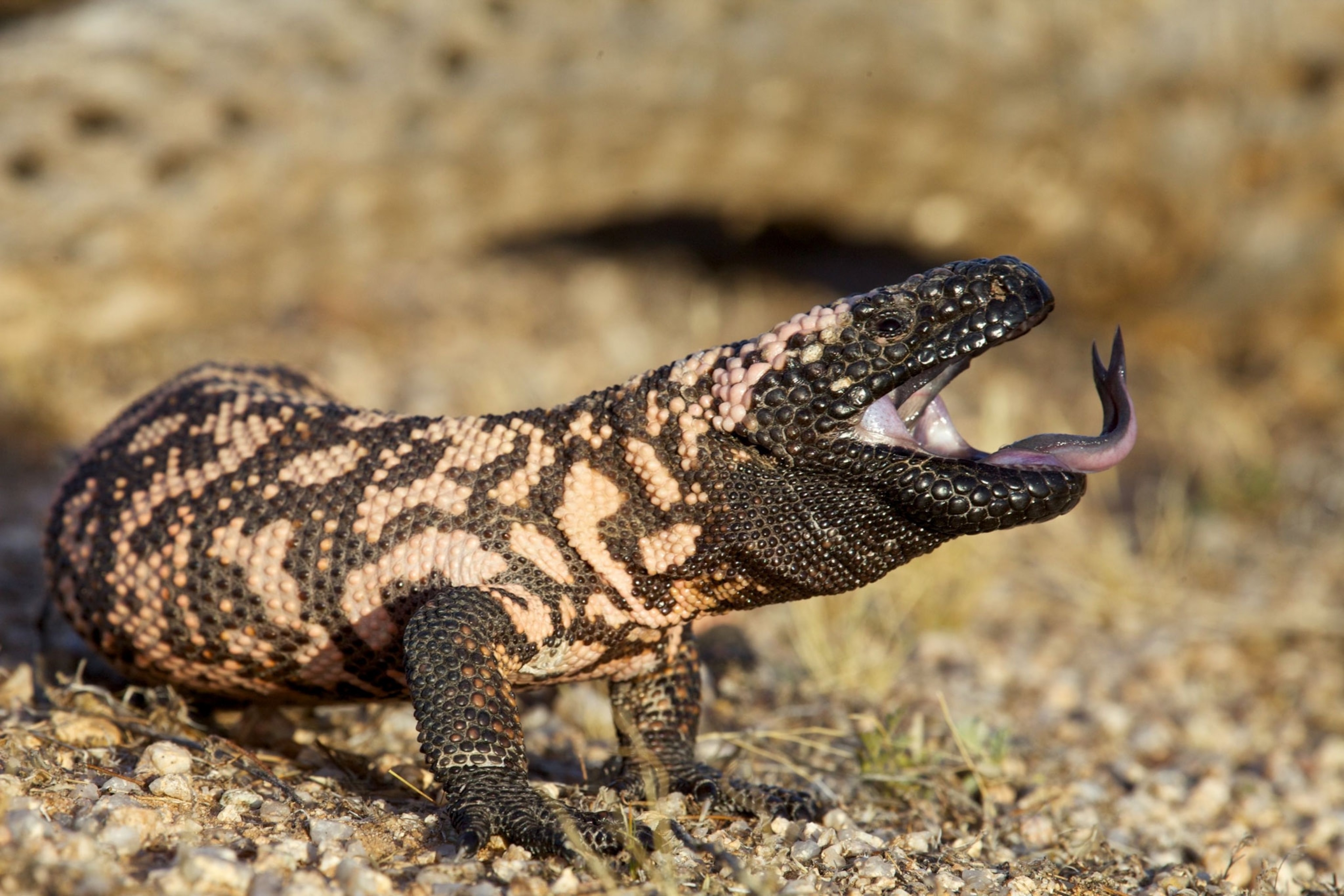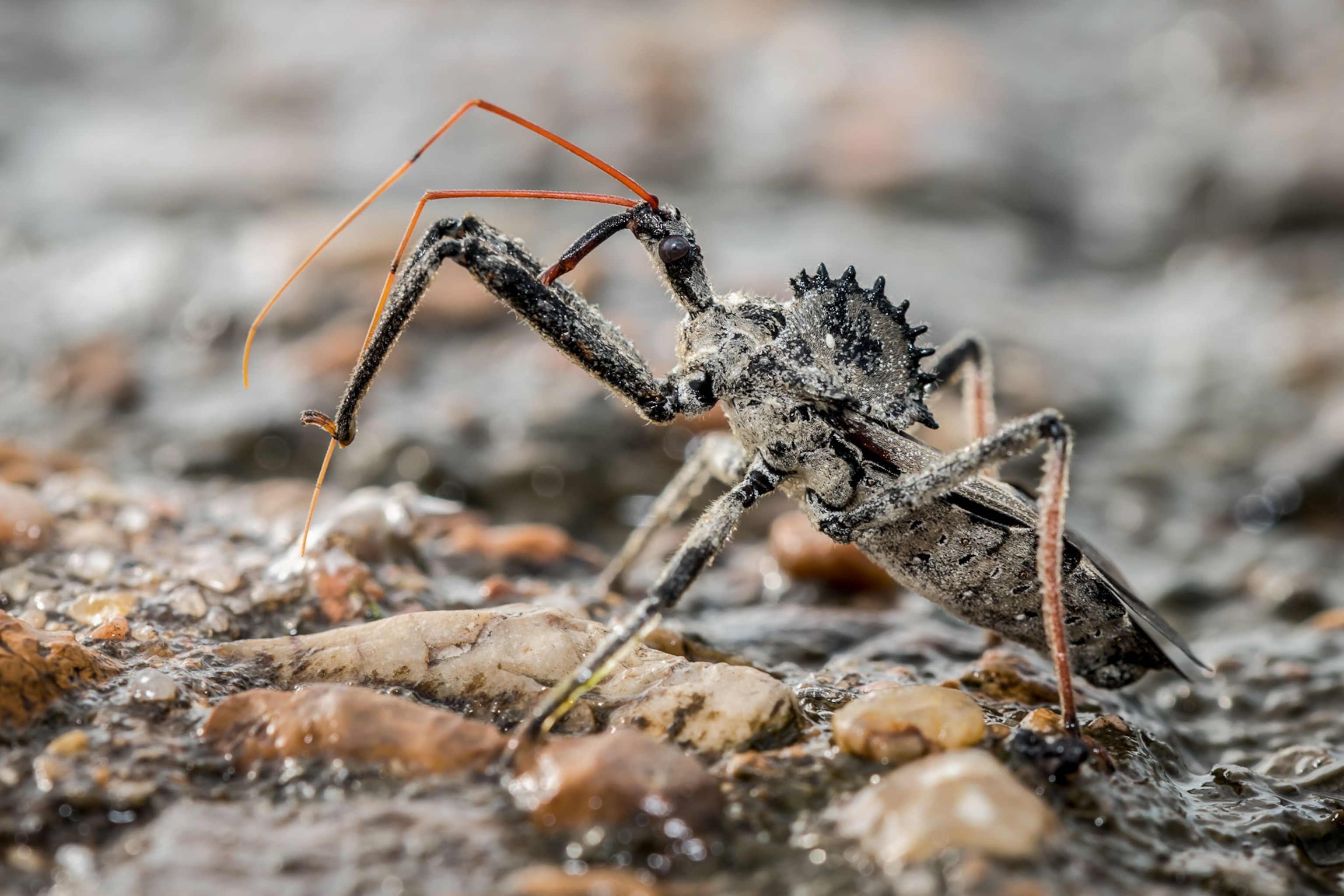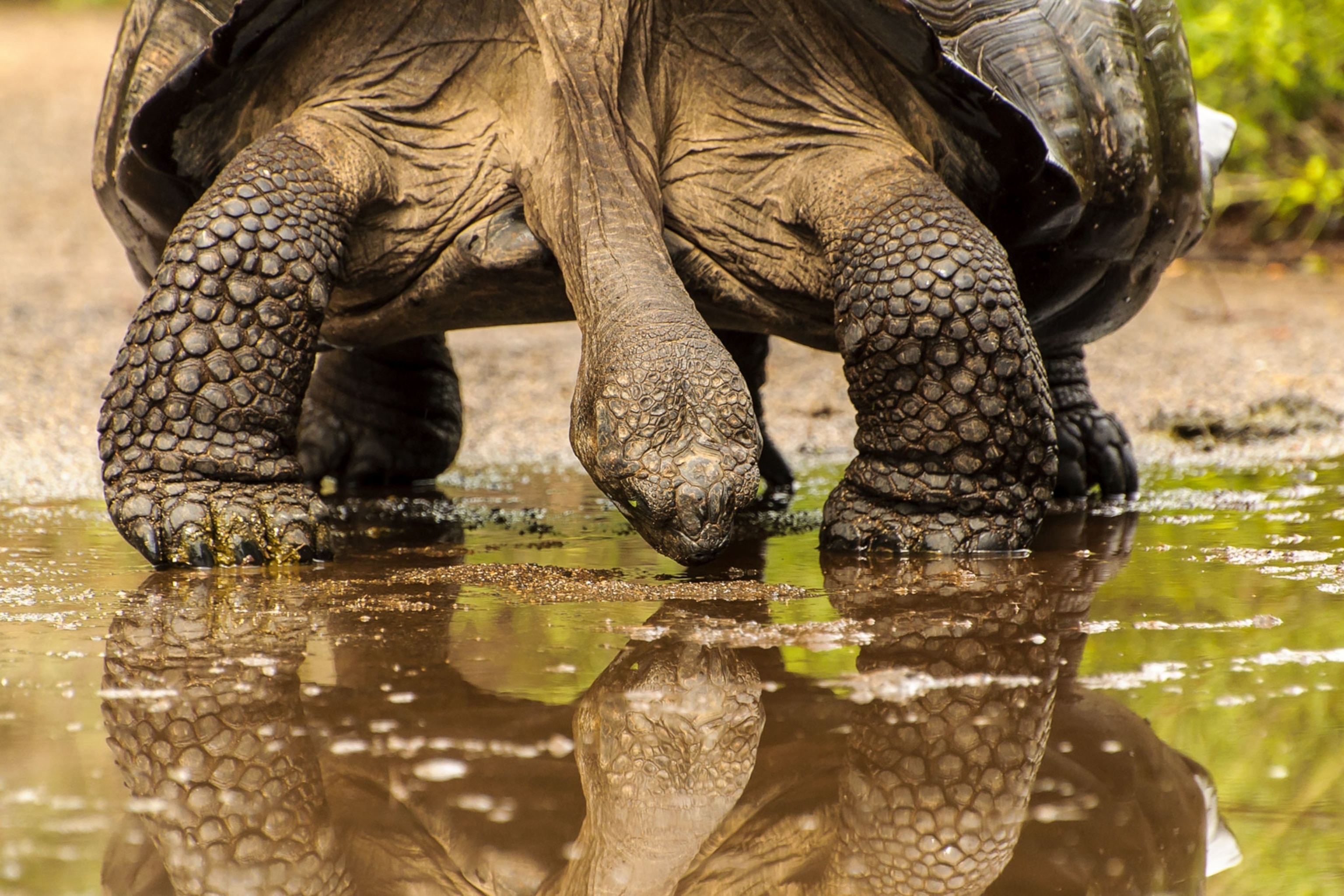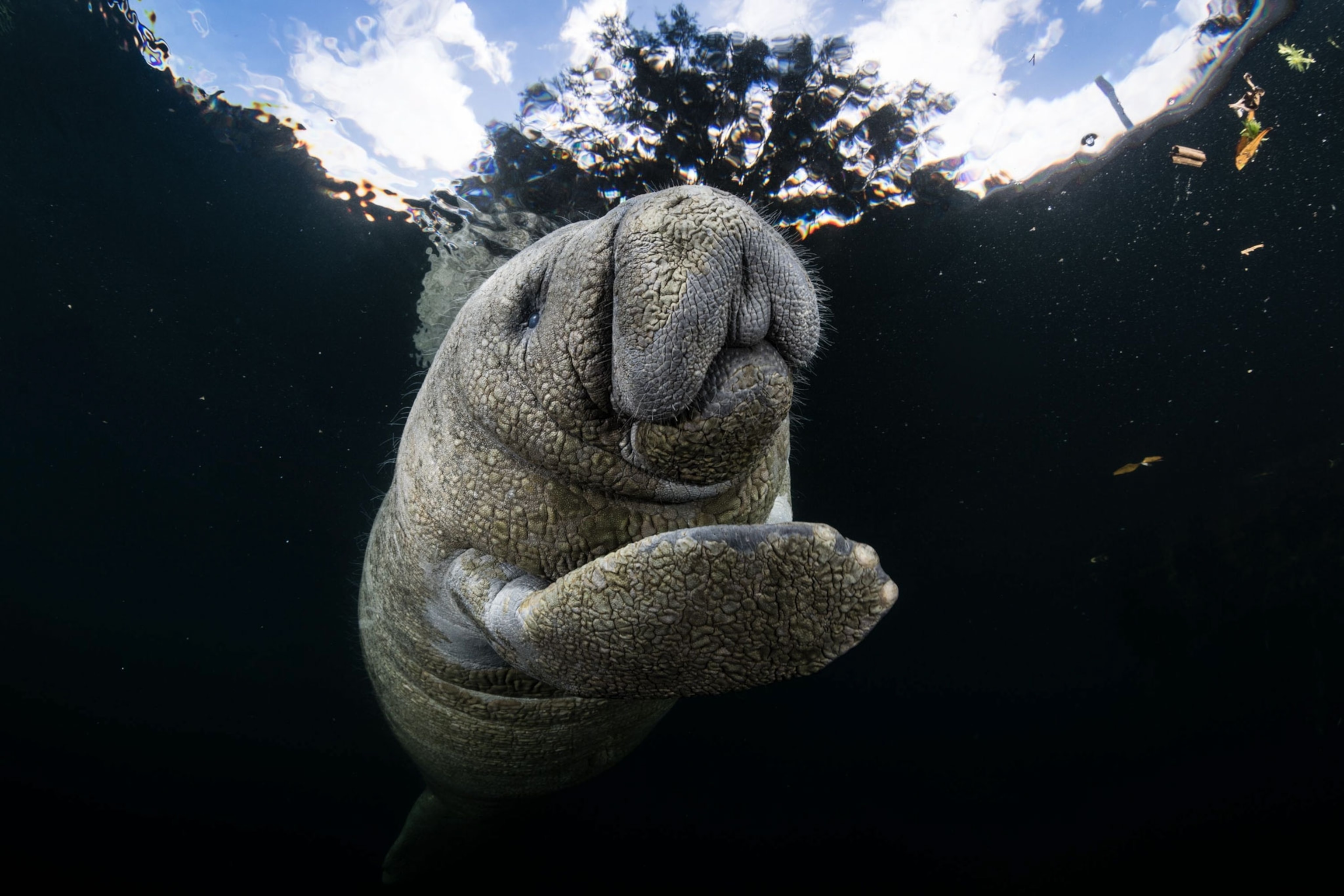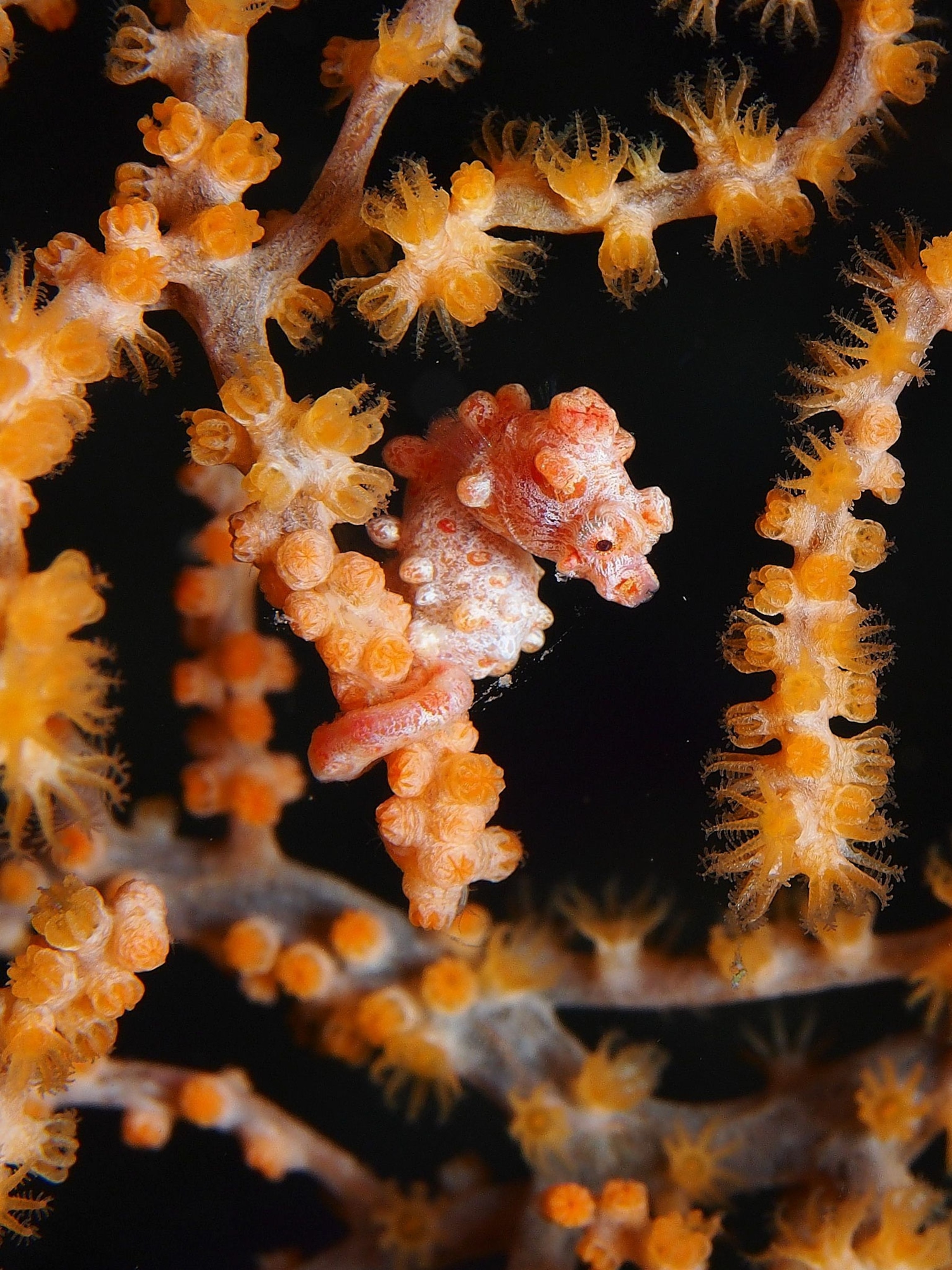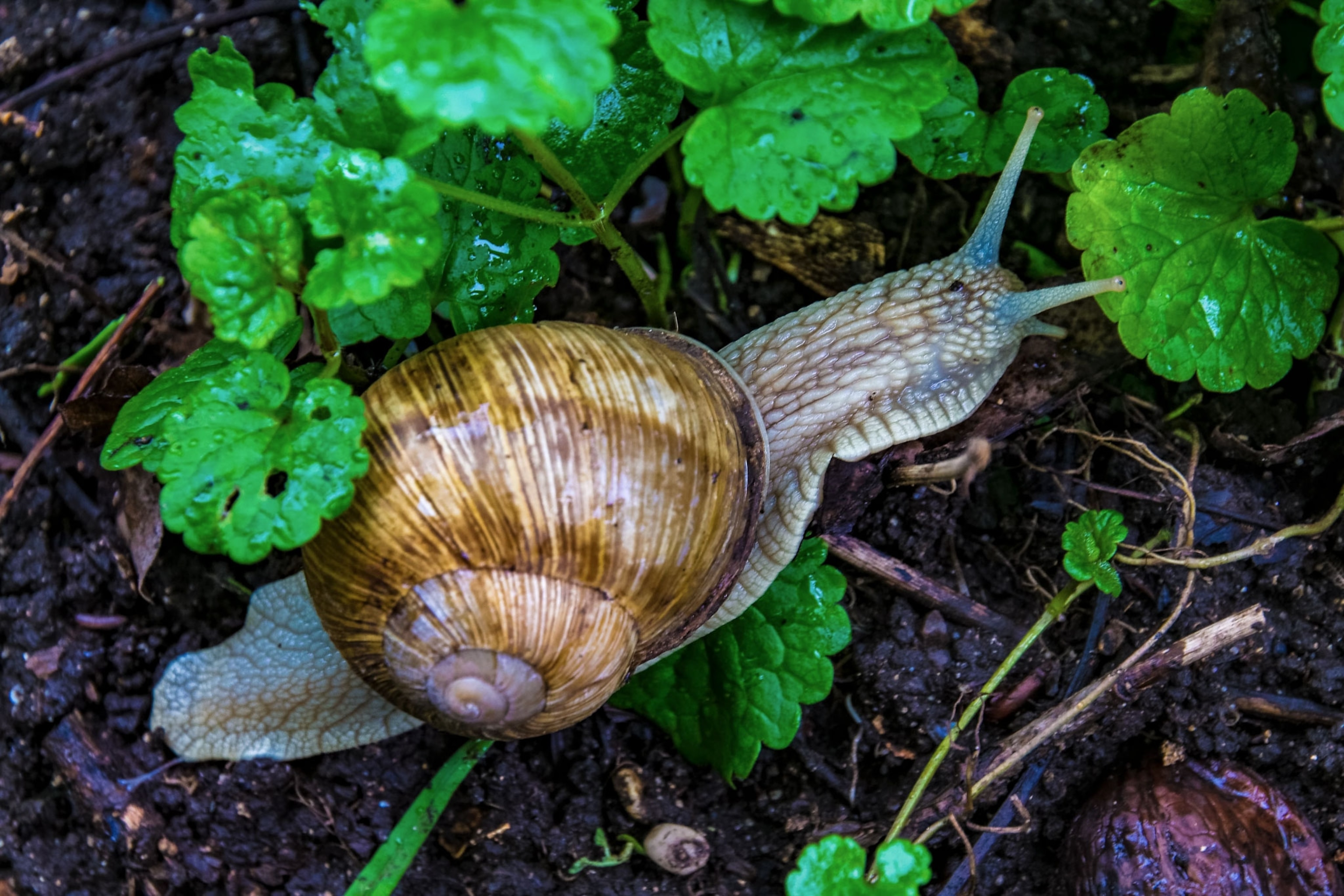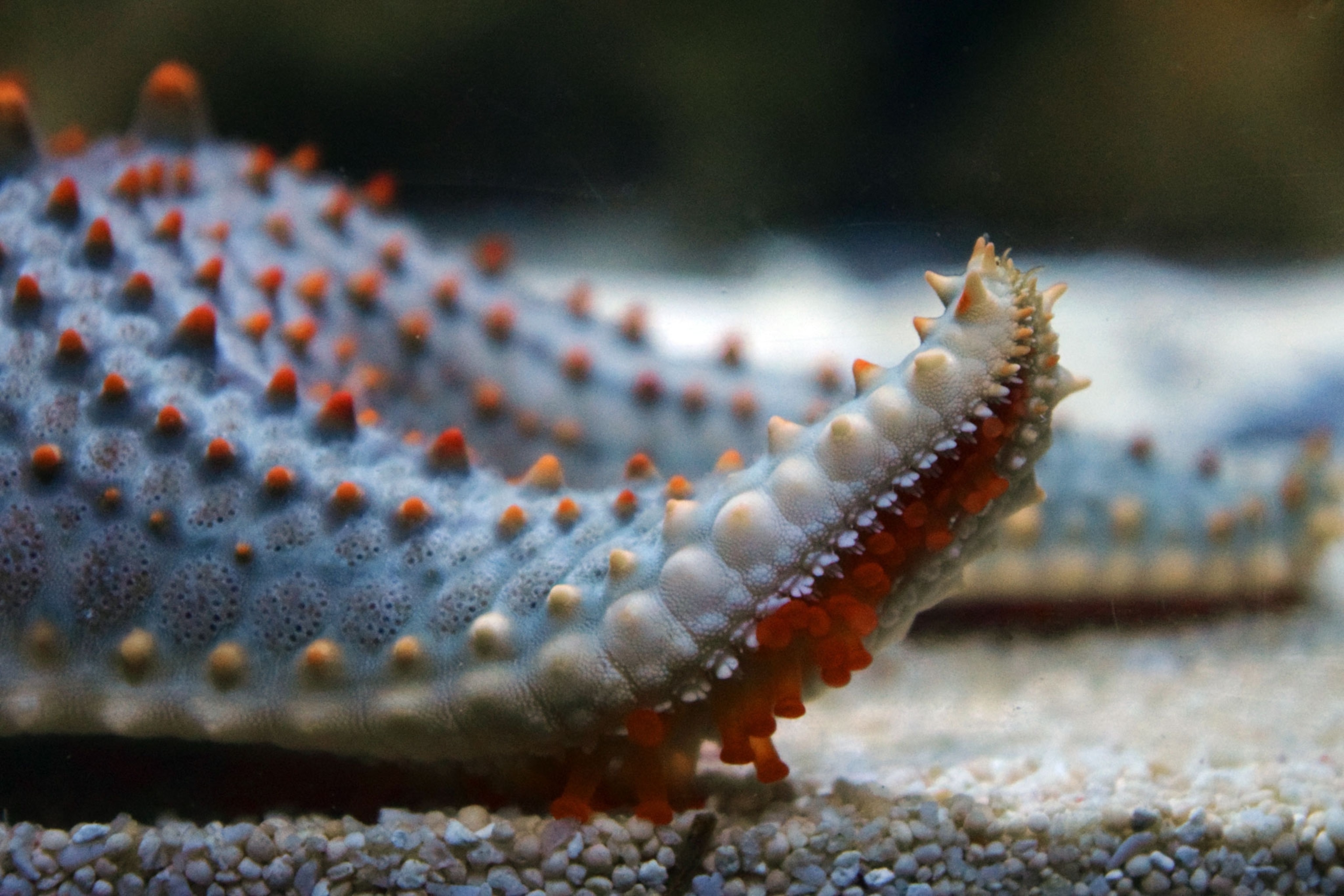World's slowest animals prove speed isn't everything
Incredible photos show the earth's most sluggish—but maybe most determined—animals on land, air and sea.
While slower animals such as sloths or turtles are famous for their sluggish pace and are unable to outrun hungry animals on the prowl, many slow-moving animals have evolutionary adaptations to avoid predators. Turtles have built-in armor in the form of their iconic shells, and slugs produce an unappetizing mucus that no one is eager to gulp down for dinner. (Read: "Inside the Strange World of Slug Sex and Slime")
Unrushed marine animals use similar defenses. While manatees only swim at five miles per hour, they are simply too big for any animal to eat. And if an animal were to try, the skin of a manatee is too tough to chew. Greenland sharks swim even slower, at a pace of only 0.76 miles per hour. Luckily, these giant creatures slowly sneak up on their prey while asleep, making a need for speed redundant.





